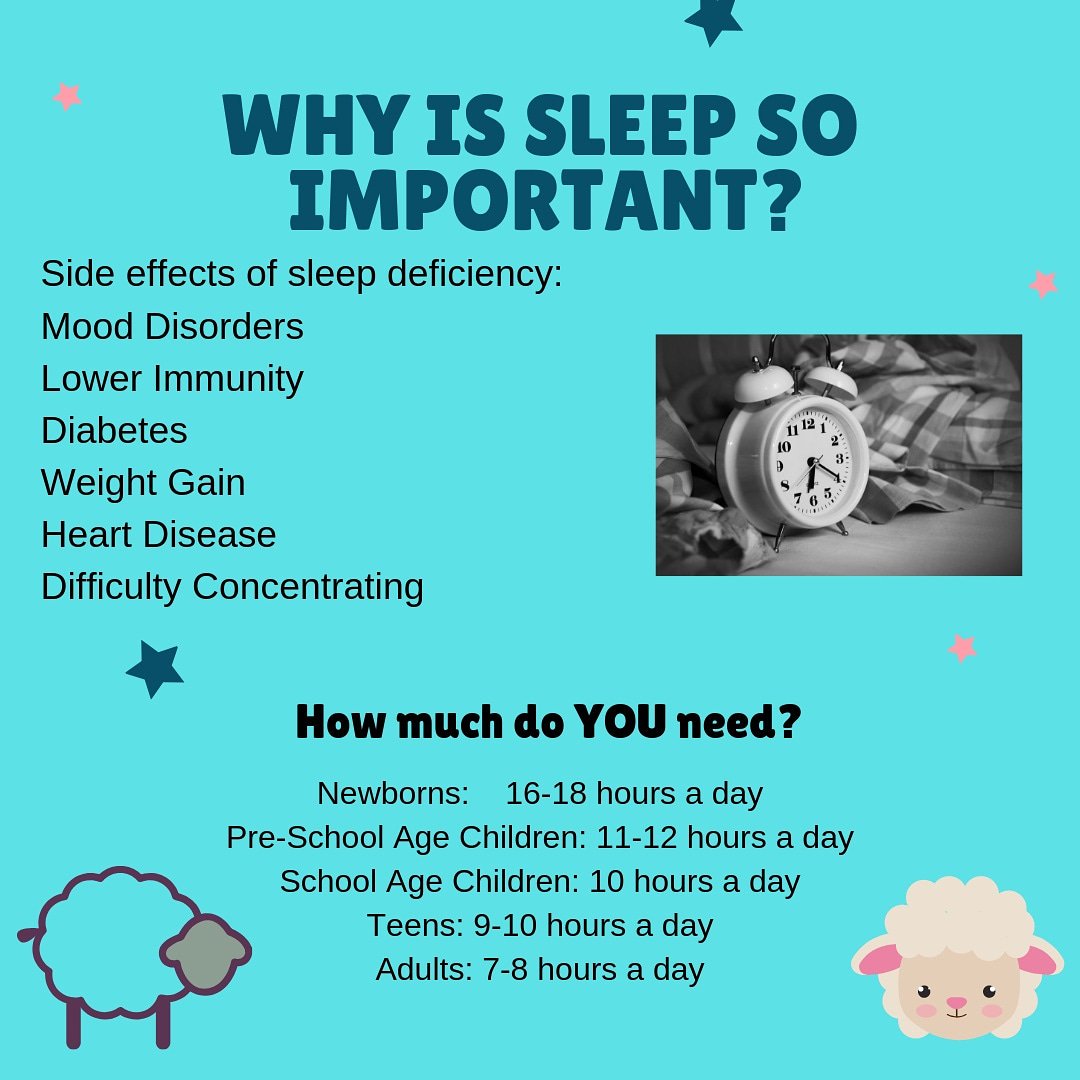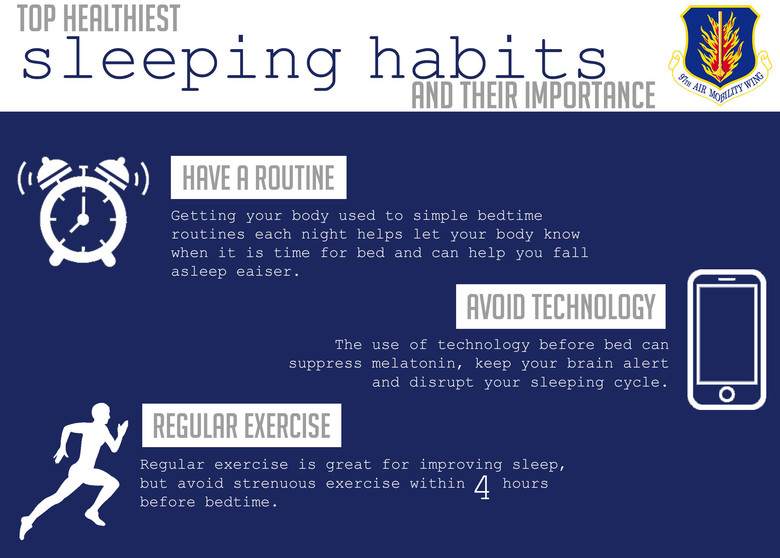
Sleep, considered a luxury by many, is essential for a person's wellbeing. Researchers have found that insufficient sleep increases a person's risk of developing severe medical conditions, such as obesity, diabetes, and cardiovascular disease. Now, a new study by Boston's Massachusetts Institute of Technology (MIT) has found that getting sufficient sleep is also the key to improving academic performance.
Jeffrey Grossman, who led the research, was not trying to find the correlation between sleep and grades when he handed out Fitbits to the 100 students in his Introduction to Solid-State Chemistry class. Instead, the professor of Computational Materials Science hoped the popular wrist-worn device which, tracks a person’s activity 24/7, would show a connection between physical exercise and academic achievement.
As part of the research, a quarter of the participants were enrolled in an intense fitness class specially created for the study by assistant professors Carrie Moore and Matthew Breen. After the semester ended, the researchers carefully analyzed the data. Much to Grossman's surprise, they found no measurable difference in test performance between the group that had been physically active and the group that had not. “What we found at the end of the day was zero correlation with fitness, which I must say was disappointing since I believed, and still believe, there is a tremendous positive impact of exercise on cognitive performance,” Grossman says.

However, the study, published in the journal Science of Learning on October 1, 2019, yielded a surprising insight. As the researchers were parsing through the large amount of data, they noticed an interesting trend emerging from the participants' sleep patterns. There was a straight-line relationship between the average amount of sleep a student got and his/her grade on the 11 quizzes, three midterms, and the final exam administered during the semester. “There’s lots of scatter, it’s a noisy plot, but it’s a straight line,” Grossman says. Though the professor was not surprised at the correlation between sleep and performance, he was stunned at how widespread it was.
Even more interesting, it was also not sufficient for students to just head to bed early the night before a test. Grossman says, "We've heard the phrase ‘Get a good night’s sleep, you've got a big day tomorrow.' It turns out this does not correlate at all with test performance. Instead, it's the sleep you get during the days when learning is happening that matter most.”

The time students went to bed each night was similarly important. Those who went to bed in the early hours of the morning performed poorly, even if the total sleep time was the same as a higher-performing student. “When you go to bed matters,” Grossman says. “If you get a certain amount of sleep — let’s say seven hours — no matter when you get that sleep, as long as it’s before certain times, say you go to bed at 10, or at 12, or at 1, your performance is the same. But if you go to bed after 2, your performance starts to go down even if you get the same seven hours. So, quantity isn’t everything.”
Robert Stickgold, a professor of psychiatry and director of the Center for Sleep and Cognition at Harvard Medical School, who was not connected with this study, was not surprised at the results. However, he was amazed at the impact slight variations in sleep patterns had on the students' grades. Stickgold says, "The overall course grades for students averaging six and a half hours of sleep were down 50 percent from other students who averaged just one hour more sleep. Similarly, those who had just a half-hour more night-to-night variation in their total sleep time had grades that dropped 45 percent below others with less variation. This is huge!”
The research does not prove that sleep is the only factor that helps improve academic performance. However, Grossman says the results are a strong indication that sleep “really, really matters. "Who knew getting A's just required some extra ZZZ's?
Resources: news.mit.edu
